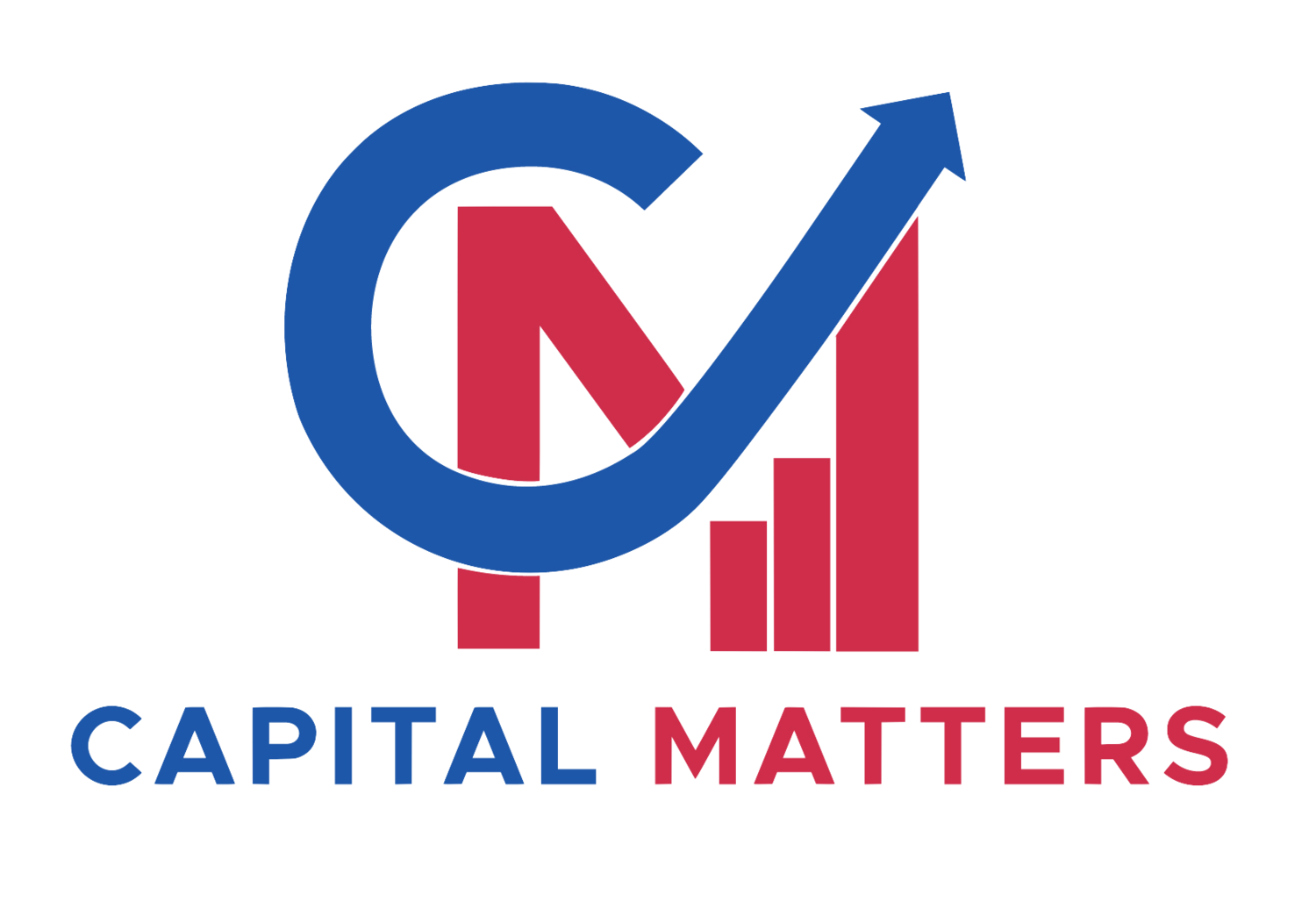5 Ways The Chancellors Summer Update May Affect You
/UK Chancellor Rishi Sunak’s Summer Update (almost a mini budget) will likely affect one, if not multiple aspects of your life in the short to medium term. Here are 5 ways the Summer Update may affect you and your money.
1. Jobs Retention Bonus - UK Wide
You could be going back to work (if you’re currently furloughed).
The UK government’s Jobs’ Retention Bonus aims to incentivise businesses to bring their employees back from Furlough.
Furlough support will be phased out and then stopped completely in October this year (2020).
Employers will be given a £1000 bonus per employee if they bring them back from furlough and retain them until at least January 2021.
Employees must earn an average of £520 per month between November (the end of the furlough support scheme) and January, to be entitled to the £1000 bonus.
If you’re currently on furlough, this is designed to get you off of it and back to work.
2. Stamp Duty Cut - England and NI
You could pay less when purchasing a property.
Stamp Duty is a tax paid when purchasing property. There are different schemes across the UK. Stamp Duty in England and Northern Ireland. LTT in Wales and LBTT in Scotland.
This announcement affects stamp duty in England and Northern Ireland only. It would be up to the devolved governments of Scotland and Wales to announce similar measures.
From today, the 8th of July 2020, until the 31st of March 2021, there will be no stamp duty owed on house purchases up to £500,000 (England and Northern Ireland).
Here’s how things are changing temporarily:
Up to £125,000 = 0% Old Rate to 0% New Rate
£125,001 - £250,000 = 2% Old Rate to 0% New Rate
£250,001-£500,000 = 5% Old Rate to 0% New Rate
£500,001 - £925,000 = 5% (unchanged)
£925,001- £1.5 million = 10% (unchanged)
Anything above £1.5 million = 12% (unchanged)
What does this mean on the ground? If you’re purchasing a £300,000 home in England or Northern Ireland (between those dates), you’ll pay no stamp duty at all. Previously, you would have paid around £5,000.
Homes priced over £500,000 will be cheaper too since you won’t pay anything on the amount under £500,000. This is easy to calculate. Just take £15,000 off the previous stamp duty amount owed.
The chancellor estimated that 9/10 people buying a home at some point this year will pay no stamp duty at all.
This Will Help Buyers Get Mortgages And Reduce The Cost
If you’re like most buyers, you’ll now be exempt from stamp duty completely. That’s an immediate saving.
Secondly, if you were saving up for a deposit and stamp duty, you can now do something with those stamp duty savings.
You could add that amount to your deposit, which means you could cut your mortgage LTV (loan to value) ratio. If you make it into a lower LTV bracket, as a result, this will decrease your mortgage interest rate.
A larger deposit will also bring more expensive properties within reach.
What About Second Homes?
The 3% surcharge on additional properties remains. So just take the bands above and add on 3% to each one.
What Will This Mean For Sellers?
This is good news for those selling property in England and Northern Ireland. Sellers (obviously) aren’t paid stamp duty, the treasury is. So, this should decrease the cost of your house (from the buyers perspective) and help drive up demand for your property.
What About First Time Buyers?
First time buyers are now in alignment with non-first time buyers.
Remember, this is a temporary cut designed to kickstart the housing market. This cut lasts until the 31st of March, 2021.
3. The Green Homes Grant - England
You could pay less when making your home more eco-friendly.
From September this year, you will pay less when you make your home more energy efficient (England only).
For every £1 a homeowner or landlord spends on making their home more energy efficient, the treasury will pay £2. The government grant is capped at £5,000 per household. For those on the lowest incomes, the grant will be capped at £10,000 and the government will pay the entire cost.
It’s unclear at this stage what precisely the grant will apply to. There are a number of methods you can use to make your home more energy efficient (insulation, solar panels, home batteries). But details are scarce at this stage.
4. VAT Cut in Hospitality and Tourism - UK Wide
You could pay less when you get a takeaway or book a UK holiday.
The hospitality and tourist sectors across the UK have borne the brunt of the Covid-19 pandemic. Measures announced today will likely reduce the price you pay for food, accommodation and attractions (that’s not exactly clear cut - I’ll explain later).
From the 15th of July until the 12th of January 2021, the hospitality and tourist sectors will see a VAT cut from 20% to 5%.
Where will you see these VAT cuts precisely?
Food - Eat-in or Takeaway Food from Restaurants, Pubs and Cafes etc.
Accommodation - Hotels, B&Bs, Camp Sites, Caravan Sites etc.
Attractions - Cinemas, Theme Parks, Zoos etc.
To be clear, a VAT cut reduces the VAT you pay on those goods and services. Therefore, if businesses keep VAT-exclusive prices the same, you will pay less.
For example, previously, on a meal costing £5 (VAT-inclusive), £1 of that would go to the treasury (20% VAT). If the VAT-exclusive price of £4 stays the same, you would pay £4.20 (VAT-inclusive) with this new 5% reduced rate.
However, a business could increase the VAT-exclusive price in response to this cut. From the customer’s perspective, they’d be paying what they did before, but more of the profit would go to the business rather than the treasury.
In our example, a restaurant could increase their VAT-exclusive price so that you’re still paying the £5. But instead of 20% (£1) going to the treasury, only 5% (25p) would. In other words, their profits go up.
That decision will be up to the business. Some will keep their VAT-exclusive prices the same so that the consumer pays less, encouraging buyers and taking home the same amount. And some will increase their VAT-exclusive prices so that their take-home per purchase also increases.
In either case, it’s a measure designed to help either consumers or businesses.
5. The 'Eat Out To Help Out' Discount - UK Wide
You could pay less when you go out to eat.
To encourage customers back into restaurants the UK government has announced the ‘Eat Out To Help Out’ Discount.
Everyone in the UK (adults and children) will be given a discount of 50% off, up to £10 per head, on sit-down meals and non-alcoholic drinks from Monday to Wednesday in the month of August.
Eligible businesses will need to register and they will be able to do so through a website which opens on Monday the 13th of July. Businesses will be able to claim this money back from the treasury within 5 working days of the discount being applied.
Importantly, according to the chancellor, this will apply to sit-in meals in restaurants, pubs, cafes and other food service establishments.
You will not get a the discount on takeaway meals (some reports inaccurately suggested this would be the case).
If you have any questions or comments, please post them below. I will respond to any comments and try to help you get some answers to the questions you have.






The best UK Viaplay Sports (prev. Premier Sports) Deals, Trials and Savings that you’ll find in May 2025. Updated throughout the month.